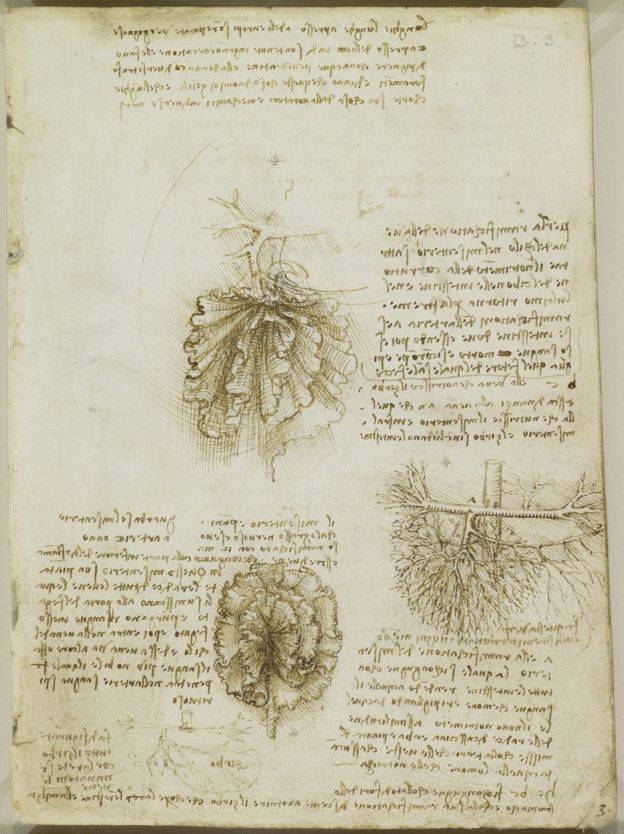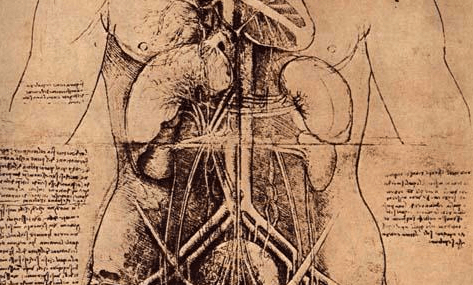You happen to have a mesentery: an organ that connects the intestines with the abdomen, and that had gone unnoticed for about 5 centuries. Only recently have scientists considered this part of the body to be an organ in its own right. So far, the mesentery had been thought of as a sort of appendix, devoid of medical relevance. However, new evidence suggested by studies performed by a group of doctors in Ireland suggests that the mesentery is indeed an organ that has to be considered as part of the digestive system.

“The anatomical description of the mesentery that was established about 100 years ago was incorrect. This organ is far from fragmented and complex; it is simply one continuous structure,” said J. Calvin Coffey, a researcher at University Hospital Limerick, according to this BBC report.
This “new”organ, already described by Da Vinci in one of his texts on human anatomy back in the 16th century, joins the intestine and the abdomen wall, allowing it to remain in position. Apparently, Da Vinci would have used not only his direct observation, but also certain medicine traditional treatises that would consider the mesentery as a relevant part of the digestive system.
However, more complex studies are still not available, which could account for specific functions of the mesentery, beyond providing support and allowing the flood of blood to the intestines. Doctors say the finding could provide clues to better understand some abdominal and digestive diseases and, consequently, it would allow scientists to review the treatments that are currently provided to patients.
To read the full study, as published by The Lancet, you can click here.

